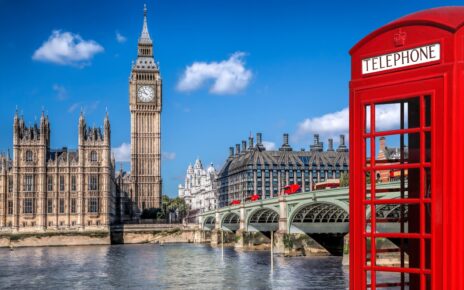Eid ul Fitr, commonly known as Eid, holds a prominent place in the Islamic calendar as one of its most significant festivals. This festive occasion marks the culmination of Ramadan, the revered month of fasting observed by Muslims worldwide. As the crescent moon appears, signaling the end of Ramadan, Muslims gather to celebrate Eid al-Fitr, participating in prayers, feasting, and heartfelt displays of gratitude. Within this article, we delve into the essence of What is Eid ul Fitr, unraveling its significance, customary rituals, and the intrinsic motivations that inspire its observance.
Understanding Eid al-Fitr
Eid ul Fitr translates to “Festival of Breaking the Fast,” signifying the end of the rigorous fasting period of Ramadan. It is a time of spiritual reflection, self-discipline, and heightened devotion for Muslims, culminating in a day of jubilation and communal festivities. As dawn breaks on the day of Eid, Muslims gather for special prayers known as Salat al-Eid, expressing gratitude for the blessings received during Ramadan and seeking divine guidance for the future.
The Significance of Eid ul Fitr
Eid ul Fitr holds profound significance within the Islamic faith, serving as a symbol of renewal, mercy, and unity. It marks the completion of a month-long journey of self-discipline and spiritual growth, during which Muslims strive to strengthen their connection with Allah through fasting, prayer, and acts of charity. Eid ul Fitr encapsulates the values of gratitude, compassion, and generosity, reminding believers of their shared humanity and the importance of community solidarity.
Traditions and Customs
The celebration of Eid ul Fitr is characterized by a variety of traditions and customs that vary across different cultures and regions. However, certain practices are universally observed, including the exchange of Eid greetings and gifts, the giving of charity to the less fortunate, and the sharing of festive meals with family and friends. In addition to attending prayers at the mosque, many Muslims partake in the Sunnah of performing Ghusl, a ritual purification, and wearing new or special clothing to mark the occasion.
The Joy of Eid ul Fitr
This cherished occasion prompts believers to pause and reflect on their blessings, fostering a profound sense of appreciation for the abundance bestowed upon them. More than just a celebration, Eid ul Fitr encapsulates a spirit of benevolence, urging Muslims to reach out to those less fortunate and extend a helping hand.
At its heart, Eid ul Fitr embodies the teachings of Islam, emphasizing the importance of empathy and social responsibility. It serves as a catalyst for acts of charity and kindness, compelling individuals to consider the needs of others and respond with compassion. By engaging in philanthropic endeavors, whether through monetary contributions, donations of food and clothing, or volunteering their time, Muslims reaffirm their commitment to serving humanity and upholding the principles of justice and equity.
The Importance of Gratitude and Generosity
At its core, Eid serves as a reminder of the importance of gratitude, generosity, and compassion in the Muslim faith. It is a time for believers to reflect on their blessings and to extend a helping hand to those in need, thereby embodying the teachings of Islam and fostering social cohesion. Through acts of charity and kindness, Muslims reaffirm their commitment to serving others and upholding the principles of justice and compassion.
Conclusion
In conclusion, Eid is a celebration of faith, community, and renewal that holds profound significance for Muslims around the world. It represents the culmination of Ramadan, a month of spiritual introspection and self-discipline, and serves as a reminder of the values of gratitude, generosity, and compassion. As Muslims come together to mark this auspicious occasion, they reaffirm their commitment to living virtuously and serving others, thereby embodying the timeless teachings of Islam.





Thanks for sharing. I read many of your blog posts, cool, your blog is very good.
Thank you so much for your kind words and for taking the time to read our blog posts! We’re thrilled to hear that you find our blog informative and enjoyable. If you have any specific topics you’d like us to cover in future posts or any feedback to share, feel free to let us know. We appreciate your support!